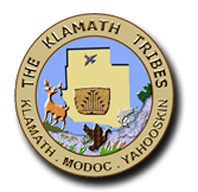I can not emphasize enough the importance of being able to make and recognize the 1st noun (the suffix -is) when it is used. Of course the word will end in -is. Today we will look at 5 verbs and make this noun from this verb and use it in a sentence.
1. ona ni genis hemkanga. ________________________________________________.
In this sentence the word “genis” is the 1st noun of gena. The verb gena means: to go or travel. These nouns can at first be translated into English by attaching the -er suffix to the verb. “goer” or “traveler” is a good place to start. If this word is awkward then consider a phrase: “a person who travels.” Traveler is fine though.
2. ni kishcnis gi. ____________________________________________________.
In this sentence the word “kishcnis is the 1st noun of the verb kishcna which means: to go slow. In this example, the suffix -er will not work as well as it gives the meaning of “slow goer.” However, it can be best translated as: a slow going person.”
3. ni gmocis gi. ____________________________.
In this sentence “gmocis” is the 1st noun of gmoca which means to be old. It is best translated with the phrase: a person who is old.
4. psinnat ni qtanis gi. ___________________________________.
In this sentence the word “qtanis” is the 1st noun of qtana which means : to sleep. It can be translated using the verb’s meaning plus the suffix -er. psinnat is the night psin + the suffix -dat which means: in, at.
5. tataksni koyomis gi. _______________________________________.
In this sentence the word “koyomis” is the 1st noun of the verb: koyoma which means to be muddy. This is an example of how Klamath has a verb that means the same as the adjective in English. We can say either: a muddy person or just muddy.





